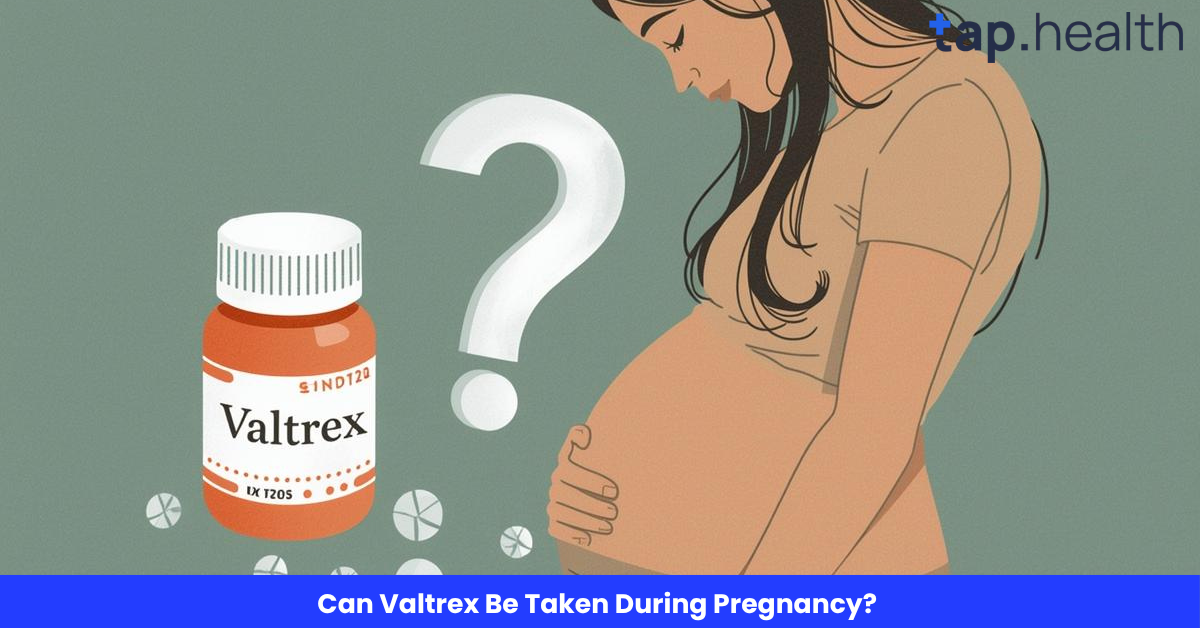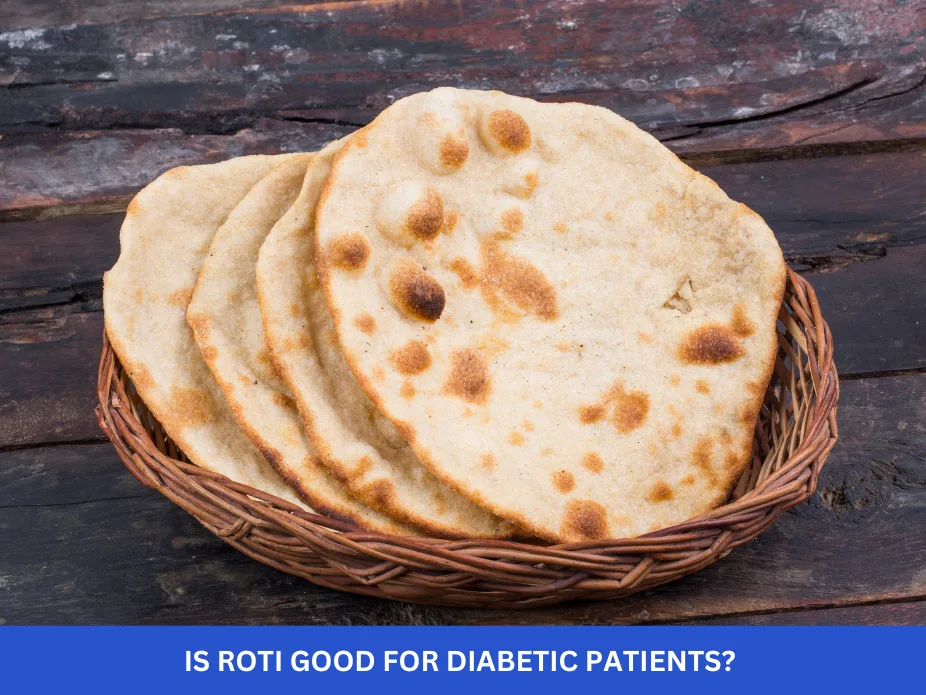Pregnancy is a significant time in a woman’s life, often raising concerns about the safety of medications and treatments. One common question among expectant mothers is: Can Valtrex (valacyclovir) be safely taken during pregnancy? This antiviral medication is prescribed to manage viral infections such as herpes simplex virus (HSV), shingles, and cold sores. In this guide, we will explore whether it’s safe to use Valtrex during pregnancy, its potential risks, benefits, and alternative treatments. Our goal is to provide you with a clear understanding, based on expert opinions and reliable health data.
What is Valtrex (Valacyclovir)?
Valtrex is an antiviral medication that helps treat infections caused by the herpes virus, specifically herpes simplex virus (HSV) and varicella-zoster virus, which causes shingles. The drug’s active ingredient, valacyclovir, works by inhibiting the replication of the virus, thus preventing it from spreading further in the body. Although Valtrex doesn’t cure viral infections, it can significantly reduce the severity and duration of outbreaks, including cold sores and genital herpes.
If you’re pregnant and concerned about the safety of taking Valtrex, it’s important to understand how it works and whether it poses any risks during pregnancy. Let’s dive into whether Valtrex can be safely used while pregnant.
Can Valtrex Be Taken During Pregnancy?
When you’re pregnant, any decision about medication needs careful consideration. The simple answer is: Yes, Valtrex can be taken during pregnancy, but only when deemed necessary. It’s crucial to weigh the potential risks against the benefits, especially when dealing with viral infections like HSV or shingles.
Valtrex is categorized as an FDA pregnancy Category C drug, meaning that animal studies have shown potential risks to the fetus, but there’s not enough conclusive evidence from human studies. As with any prescription medication, the doctor’s guidance is crucial in determining if the benefits outweigh the risks for both you and your baby.
FDA Pregnancy Category
The FDA uses pregnancy categories to provide guidance about the safety of medications for pregnant women. Valtrex falls under Category C, meaning that it should only be used if necessary and prescribed by a healthcare provider after assessing the risks and benefits.
Why Is Valtrex Prescribed During Pregnancy?
Valtrex is generally prescribed to treat viral infections such as genital herpes, cold sores, and shingles, which may present greater risks to pregnant women and their babies. For example, untreated herpes outbreaks can lead to serious complications during delivery, including the transmission of the virus to the baby.
Here are several reasons why a doctor might prescribe Valtrex during pregnancy:
1. Herpes Simplex Virus (HSV) Infection
- If you have genital herpes or experience frequent cold sores, a doctor may recommend Valtrex to manage the outbreak and reduce the chances of spreading the infection. Valtrex works by inhibiting the virus’s activity, decreasing its transmission to others.
2. Shingles (Varicella-Zoster Virus)
- Pregnant women can develop shingles, which causes painful rashes and blisters. Valtrex for shingles is effective in reducing symptoms and shortening the duration of the infection.
3. Preventing Future Outbreaks
- If you’ve had recurrent herpes outbreaks before, Valtrex may be prescribed to prevent further outbreaks during pregnancy. This can help reduce the chance of transmitting the virus during delivery, especially if you plan on a vaginal birth.
What Are the Risks of Taking Valtrex During Pregnancy?
While Valtrex is generally considered safe, it’s essential to understand the potential risks associated with taking the medication during pregnancy. Valtrex safety during pregnancy is a topic of ongoing research, but most studies suggest that the risk of serious harm to the baby is low, especially if the benefits outweigh the risks.
Possible Risks Include:
- Unknown Long-Term Effects
- Animal studies have shown some risks of valacyclovir affecting fetal development. However, there’s limited research on human pregnancies. Until more data is available, healthcare providers are cautious when recommending Valtrex during pregnancy.
- Kidney Function Concerns
- Valtrex is processed by the kidneys, and during pregnancy, kidney function can be slightly altered. If you’re taking Valtrex, your doctor may monitor your kidney health regularly to ensure it’s not causing any complications.
- Side Effects
- Common side effects of Valtrex include nausea, headache, and stomach upset. These side effects are typically mild, but there can be more serious side effects, such as mental confusion or kidney dysfunction. If you experience any severe side effects, contact your doctor immediately.
What Does the Research Say About Valtrex and Pregnancy?
Studies on the safety of valacyclovir during pregnancy have shown mixed results. However, available evidence from pregnancy safety studies suggests that the risk of birth defects is minimal when using Valtrex. Although human data is limited, the general consensus is that the benefits of controlling a viral outbreak with Valtrex outweigh the potential risks for the baby.
For example, a study published in the American Journal of Obstetrics and Gynecology found that valacyclovir did not increase the risk of congenital malformations or pregnancy complications in the babies of women who used it. Healthcare providers will evaluate the need for treatment on a case-by-case basis, taking into consideration the severity of your infection and your overall health.
Alternatives to Valtrex During Pregnancy
If you’re concerned about taking Valtrex during pregnancy, there are some alternative treatments that may be safer or more suitable for your condition.
1. Topical Treatments
- For conditions like cold sores or genital herpes, your doctor might suggest topical treatments such as acyclovir cream. Topical antiviral medications are applied directly to the skin and are less likely to be absorbed into the bloodstream, reducing the risk to the fetus.
2. Natural Remedies
- Natural treatments, such as aloe vera gel, coconut oil, or ice packs, may help alleviate symptoms like itching or pain associated with herpes outbreaks. However, it’s always best to consult with your doctor before trying any natural remedies during pregnancy.
3. Preventative Measures
- If you have a history of recurrent herpes outbreaks, preventive measures such as stress reduction and maintaining good hygiene might help minimize the need for medications. Eating a balanced diet and staying hydrated are also essential to boosting your immune system during pregnancy.
How to Use Valtrex Safely During Pregnancy
If your doctor prescribes Valtrex for herpes or another viral infection, it’s crucial to follow the recommended dosage and monitor your health closely. Here are some tips for using Valtrex safely:
- Consult with Your Doctor
- Before taking Valtrex during pregnancy, have a thorough discussion with your doctor about the potential risks, the severity of your condition, and whether the medication is necessary.
- Monitor Your Kidney Health
- Since valacyclovir can affect kidney function, your doctor may recommend regular check-ups to ensure that your kidneys are working properly throughout your treatment.
- Stick to the Prescribed Dosage
- Always take Valtrex as directed by your healthcare provider. Never take more or less than the prescribed amount, and never skip doses unless instructed.
Can Valtrex Be Taken During Breastfeeding?
Yes, Valtrex while breastfeeding is considered safe. Studies indicate that only small amounts of valacyclovir pass into breast milk, and there’s no significant risk to the baby. However, as with any medication, it’s important to discuss breastfeeding safety with your healthcare provider before starting treatment.
Real-Life Scenario
Consider a pregnant woman diagnosed with recurrent genital herpes. Her doctor prescribes Valtrex during the last trimester to minimize the chance of an outbreak during childbirth. By reducing the viral load, this helps lower the risk of transmitting herpes to the baby—a serious condition known as neonatal herpes.
In many such cases, women who take Valtrex as prescribed experience safe pregnancies and healthy deliveries, provided the dosage and timing are monitored by healthcare professionals.
Expert Contribution
Obstetricians and infectious disease specialists note that antiviral suppression therapy using Valtrex in late pregnancy can significantly reduce herpes transmission risk during vaginal delivery.
Clinical data also shows that no significant increase in birth defects or pregnancy complications has been observed among women taking Valtrex.
Experts emphasize that while Valtrex is generally safe, self-medication is not recommended. The treatment plan must always be personalized based on medical history, stage of pregnancy, and infection severity.
Recommendations Grounded in Proven Research and Facts
- Consult your OB-GYN before starting Valtrex. The dosage and timing should be medically supervised.
- Safe in later pregnancy stages: Studies indicate that antiviral therapy in the third trimester can prevent neonatal herpes.
- Avoid self-prescribing: Do not take Valtrex without a confirmed diagnosis or doctor’s approval.
- Monitor for side effects: Mild nausea, headache, or dizziness may occur but usually resolve on their own.
- Breastfeeding caution: Small amounts of valacyclovir can pass into breast milk—consult your doctor if nursing.
FAQ Section: Can Valtrex Be Taken During Pregnancy?
1. Is Valtrex safe in the first trimester of pregnancy?
- Valtrex is generally safe in the first trimester when prescribed for medical reasons, but it should only be used if necessary and under the guidance of your doctor.
2. Can Valtrex cause birth defects?
- No significant evidence suggests that Valtrex causes birth defects. However, it’s categorized as a Category C drug, meaning it should only be used when absolutely needed.
3. Are there side effects of taking Valtrex during pregnancy?
- Common side effects include nausea and headache. Serious side effects, such as kidney problems or mental confusion, are rare but possible.
4. Can Valtrex be used for shingles during pregnancy?
- Yes, Valtrex for shingles is an option during pregnancy, as it helps reduce the symptoms and duration of the infection.
5. What are some alternatives to Valtrex during pregnancy?
- Topical antivirals and natural remedies like aloe vera may be considered alternatives. Always consult your doctor before trying any alternative treatments.
6. Is it safe to use Valtrex while breastfeeding?
- Yes, Valtrex is generally considered safe during breastfeeding, as only small amounts pass into breast milk.
In conclusion, Valtrex during pregnancy is generally safe when prescribed by a doctor, and it can be effective in treating viral infections like herpes or shingles. However, like any medication, it comes with potential risks, which should be carefully weighed. Always consult your healthcare provider to make sure you’re making the right decision for both your health and your baby’s health.



